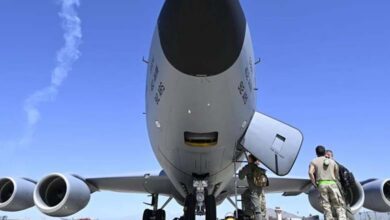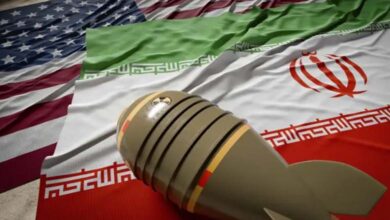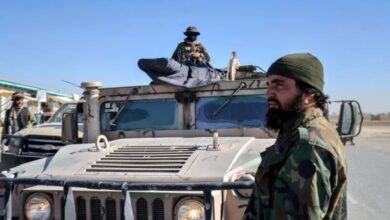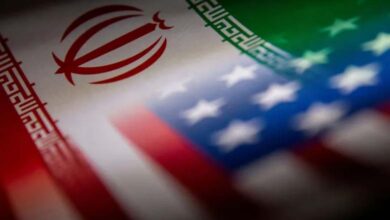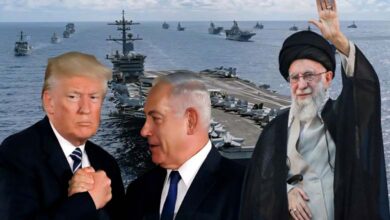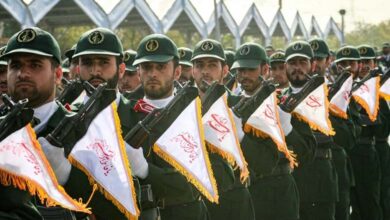Yemen: UN calls for calm after accusations of truce violation

The United Nations called on the warring parties in Yemen to hold back on Friday after new accusations of violations of the truce by the government and Houthi rebels, six days after it entered into force in the war-torn country.
The conflict, which began in 2014, pits Iran-backed Houthi rebels against pro-government forces backed since 2015 by a military coalition led by neighboring Saudi Arabia.
The UN-brokered truce came into effect on Saturday – the first day of Ramadan, Muslim fasting month – offering a ray of hope in a conflict that has caused one of the world’s most serious humanitarian crises.
On Friday, a military source told AFP that Loyalist forces had “foiled an attack by the Houthis” in southern Marib, the last government stronghold in the north, in a key battle with the rebels.
“The Houthis took advantage of the cessation of bombing to reinforce their military presence” around this strategic city, the source said on condition of anonymity, while claiming that pro-government forces had managed to “push back” the rebels.
The truce is under threat
On Tuesday, Yemen’s Foreign Minister Ahmed bin Mubarak accused the Houthis of “threatening the truce with military deployments, mobilization of troops and vehicles, artillery fire and drone attacks”.
The insurgents on their Al-Massira channel said on Friday that they had “repelled an advance” by loyalist forces in southern Marib, accusing them of “violating the truce”.
On Twitter, the UN special envoy for Yemen, Hans Grundberg, urged “all parties to restraint in order to uphold the truce, as promised to the Yemeni people” on Friday.
The new accusations come a day after the announcement by Yemen’s head of state, Abdrabbuh Mansur Hadi, who said he was handing over his powers to a new presidential council, with the aim of unifying the camp at war with the rebels.
According to the United Nations, the conflict has killed an estimated 380,000 people, the majority of whom have died indirectly from hunger, disease, and lack of clean water, while millions more have been displaced.



